colitis in cats vomiting
Defecating outside the litter box. Ibd is one.

Feline Inflammatory Bowel Disease Nature And Treatment
Clinically the disorder is characterized by vomiting and diarrhea and the cause is not always found.

. Colitis can be acute beginning suddenly and ending relatively quickly. Injury to the colon. Causes of cat colitis include allergies infection injuries ingestion of toxic substances and cancer.
Eating things he shouldnt as a result of scavenging in bins for example. Signs of colitis include blood andor mucus in the stool diarrhea and frequent defecation of small amounts of feces. There are several causes of colitis in cats which include infection food allergy or intolerance parasites pancreatitis cancer dietary indiscretion and stress.
Prognosis IBD can often be controlled so that affected cats are healthy and comfortable. Frequent bowel movements but little is passed. Treatment for colitis in cats can vary from medication to creating a routine to reducing stress factors.
Its possible for cats to have both kinds of diarrhea at the same time especially in those with inflammatory bowel disease. Cat colitis is an intestinal condition that causes inflammation and a range of symptoms. If not successful antibiotics or.
Here are some of the main forms of treatments that your vet might prescribe if your cat is suffering from colitis. IBD in cats often manifests as increased appetite and large amounts of diarrhea. Viral or bacterial infection.
Signs of colitis in cats may be acute can develop suddenly and last for a few days or chronic can last for several weeks if not longer. The calling card of colitis in cats is a loose or mostly wet stool containing mucus and sometimes blood. Treating your cats colitis.
The cat will defecate in different parts of the house as he cannot hold it. Sign and symptoms of colitis in cats can range from mild to severe. The vomit may contain foamy yellowish bile especially after the stomach has been emptied.
Making multiple trips to the litter box potentially with increased urgency. Defecating mucus or blood. Signs and symptoms of colitis in cats.
However colitis alone is less likely to cause nausea vomiting and weight loss. IBD is definitively diagnosed by biopsy of affected tissue. Chronic colitis in dogs and cats.
Signs of IBD in companion animals include diarrhea weight loss vomiting lethargy andor changes in appetite. Many times effective treatment is based on determining the underlying cause of inflammation that is occuring in the colon. However if the intestine or colon is involved chronic diarrhea can be seen.
Or chronic lasting for weeks and recurring periodically. The most common symptoms of colitis are diarrhea often bloody or slimy with mucus and abdominal pain. Large volumes of diarrhea will usually be produced several times a day.
After ruling out common infectious disease parasitic bacterial fungal diet change can control signs of most of the patients. Food allergies or dairy intolerance. Colitis symptoms can be very severe and you should discuss the problem with your cats veterinarian as soon as you notice them.
How Is IBD in Cats Diagnosed. Because of colonic inflammation many cats also may have vomiting as part of their presenting clinical complaint. Signs of colitis in cats include.
Other symptoms of colitis include. If the colitis is chronic the cat will lose weight. However a cat might also experience a decreased appetite in which weight loss is common.
Most cats with gastroenteritis will have intermittent episodes of vomiting and diarrhea. Colitis is a common disease in dogs and cats most commonly characterized by chronic diarrhea of unknown origin. Other physical symptoms of colitis in cats include flatulence and a.
The feces will be very liquid and you may notice even blood or mucus in more advanced cases of colitis. Colitis in cats occurs when the colon is inflamed usually resulting in pain and discomfort. Weight loss especially in cats dehydration especially if the diarrhea is very watery and lethargy are commonly.
Frequent watery stools which may contain blood or mucus loss of appetite vomiting dehydration lethargy abdominal pain. In cats in particular the pressure on the colon can sometimes lead to vomiting as well. Colitis is an inflammation of the colon also known as the large intestine.
Cats with acute chronic and episodic colitis will present with the following faeces-related symptoms. Common causes of colitis in cats. Treatments include a hypoallergenic or easily digested diet metronidazole chloramphenicol and corticosteroids.
As the large intestine is inflamed the cat will experience diarrhea. With acute colitis your cat might show no other signs of being sick except possibly diarrhea or straining to defecate. Heres what you should look out for if you suspect that your cat has colitis.
IBD is most commonly diagnosed in middle-aged to older cats. Treatment for colitis in cats. Cats with colitis often have fresh red blood andor mucus in their stools.
It most commonly causes vomiting. Frequent watery stools which may contain blood or mucus loss of appetite vomiting dehydration lethargy abdominal pain. Colitis symptoms can be very severe and you should discuss the problem with your cats veterinarian as soon as you notice them.
There are a number of causes of colitis in cats which include infection food allergy or intolerance parasites pancreatitis cancer dietary indiscretion and stress. The addition of soluble fiber such as psyllium to the diets of cats with inflammatory colitis may be helpful and supplementation with folate or vitamin B12 should be provided if an affected cat is deficient in these B vitamins. They may strain to defecate go more often than normal or miss the litter pan.
Many owners will observe dry heaving or gagging after their cat eats or drinks. In some cases your cat may seem constipated and strain with no results. What are signs of colitis in cats.
You should feed with your pet easily digested foods that are high in fiber. Irritable bowel syndrome IBS Intestinal worms. Frequent diarrhea Regular bowel movements where little is passed Straining to pass a bowel movement Blood or mucus Vomiting Reduced appetite Progressive weight loss.
The cat defecates more often. Common causes of colitis in cats. Gastrointestinal infections such as salmonella or giardia.
Many cats may have an occasional acute bout of colitis but if the condition becomes serious and chronic treatment may be required in the form of dietary modification antibiotics anti. Soft or runny stool that may contain mucus or red blood.

The Symptoms Of Inflammatory Bowel Disease Ibd In Cats Plains Vet Northeast Veterinary Referral Hospital

Ibd In Cats An Integrative Approach To Treatment Animal Wellness Magazine
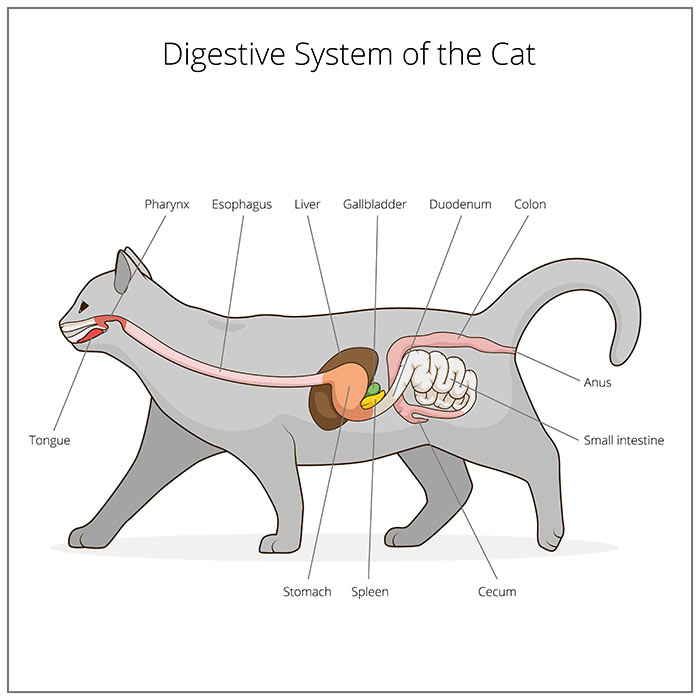
Colitis In Cats What It Is Symptoms Causes Treatment
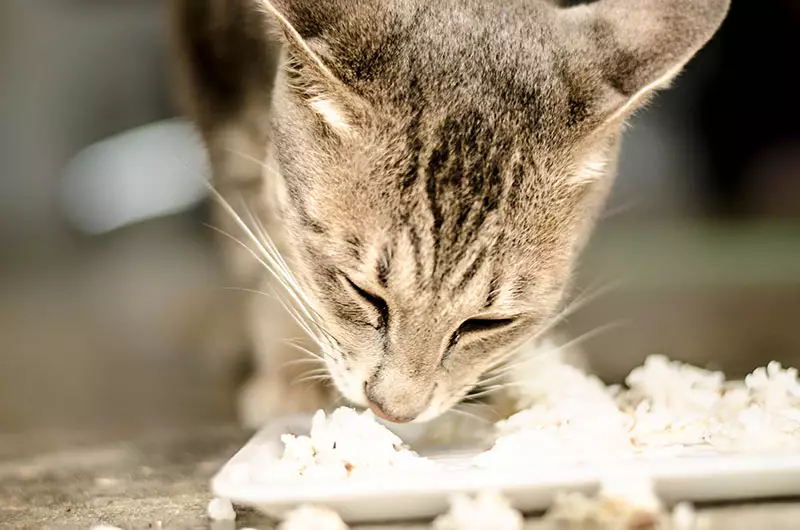
Colitis In Cats What It Is Symptoms Causes Treatment
:max_bytes(150000):strip_icc()/IBDinCats-514935a004cb4b759f07685d71a34aa3.jpg)
Inflammatory Bowel Disease In Cats

Inflammatory Bowel Disease In Cats Aspca Pet Health Insurance

Inflammatory Bowel Disease In Cats Aztec Animal Clinic

Best Food For Cats With Ibd Kohapet
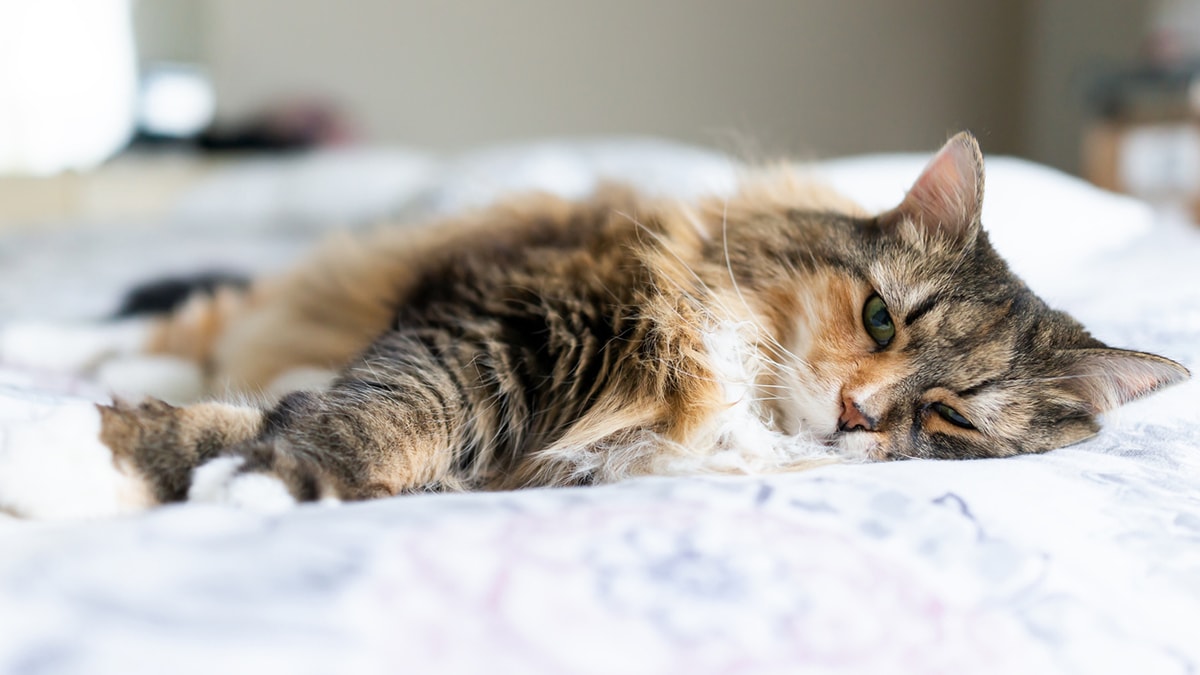
Inflammatory Bowel Disease In Dogs And Cats Symptoms And Treatment Bechewy
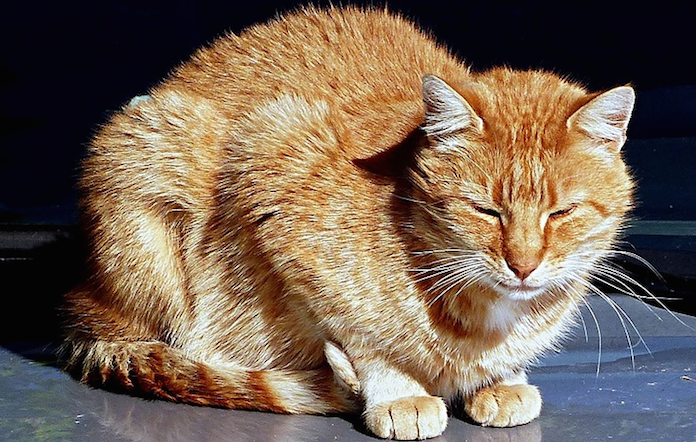
Inflammatory Bowel Disease In Cats Little Big Cat

Inflammatory Bowel Disease In Cats Symptoms And Treatment Firstvet

Dealing With Colitis In Cats Dr Alan Sibinic S Blog Community Spalding Labs

It S Normal For A Cat To Vomit Right Understanding Ibd And Feline Gi Disease Just Cats Clinic
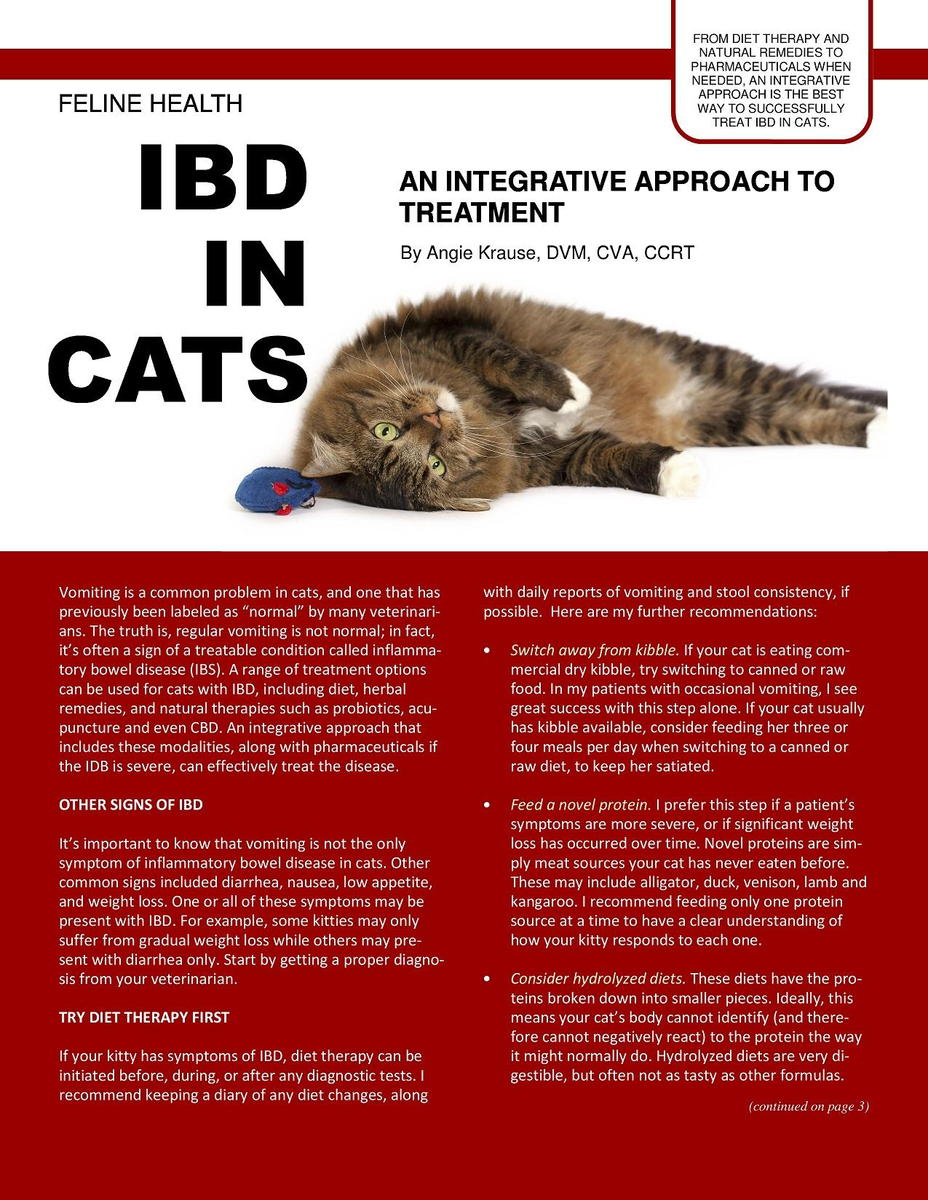
November 2021 Newsletter Ibd In Cats Causes Of Bad Breath

Colitis In Cats Causes Signs And Treatment Options
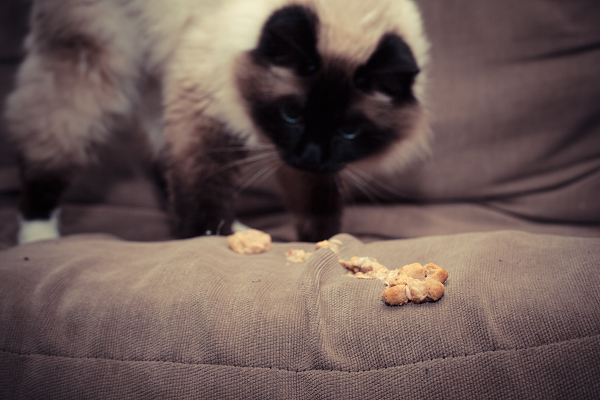
Inflammatory Bowel Disease In Cats Vca Animal Hospital

Inflammatory Bowel Disease Ibd In Cats Part 1 Boulder Holistic Vet

Inflammatory Bowel Disease In Cats Brookfield Animal Hospital
